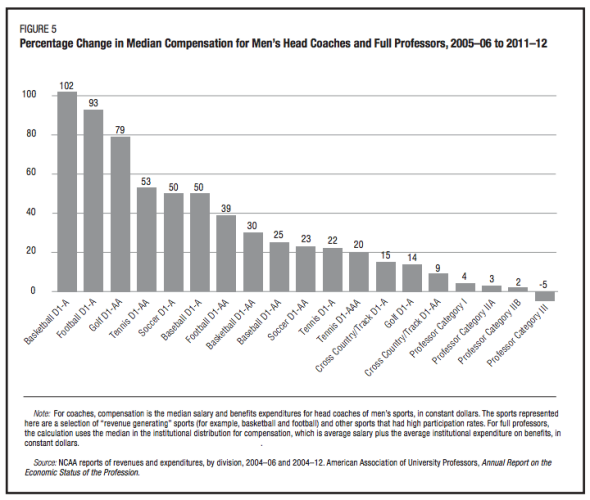NPR | Paul Solman: What’s the case for a minimum income?
Charles Murray: From a libertarian’s point of view, we’re going to be spending a lot of money on income transfers, no matter what.
Paul Solman: Why?
Charles Murray:
The society is too rich to stand aside and say, “We aren’t going to do
anything for people in need.” I understand that; I accept that; I
sympathize with it.
What I want is a grand compromise between the
left and the right. We on the right say, “We will give you huge
government, in terms of the amount of money we spend. You give us small
government, in terms of the ability of government to mess around with
people’s lives.”
So you have a system whereby every month, a check
goes into an electronic bank account for everybody over the age of 21,
which they can use as they see fit. They can get together with other
people and then combine their resources. But they live their own lives.
We put their lives back in their hands.
Paul Solman:
So this has similarities with the voucher movement; that is, give the
money to people because they will know better how to spend it.
Charles Murray:
In that sense, it’s similar to a voucher program, but my real goal with
all of this is to revive civil society. Here’s what I mean by that: You
have a guy who gets a check every month, alright. He is dissolute; he
drinks it up and he’s got 10 days to go before the next check comes in
and he’s destitute. He now has to go to friends, relatives, neighbors or
the Salvation Army, and say, “I really need to survive.” He will get
help.
But under a guaranteed basic income, he can no longer
portray himself as a victim who’s helpless to do anything about it. And
you’ve got to set up feedback loops where people say, “Okay, we’re not
going to let you starve on the streets, but it’s time for you to get
your act together. And don’t tell us that you can’t do it because we
know you’ve got another check coming in in a couple of days.”
A guaranteed basic income has the potential for making civic
organizations, families and neighborhoods much more vital, helpful and
responsive than they have been in decades.
Paul Solman: And that’s because it shifts the blame? Because it doesn’t give people an excuse?
Charles Murray:
Yeah. It doesn’t give people the excuse of being helpless. Right now,
people can say, “What am I going to do? There’s no job out there.
There’s this or that.” If you’re getting a check every month, you are
not without resources, and that opens up a whole new dialogue between
you and the other people around you.
America’s always been very
good at providing help to people in need. It hasn’t been perfect, but
they’ve been very good at it. Those relationships have been undercut in
recent years by a welfare state that has, in my view, denuded the civic
culture.
And a basic guaranteed income has the potential for making a big, positive difference in American life.



